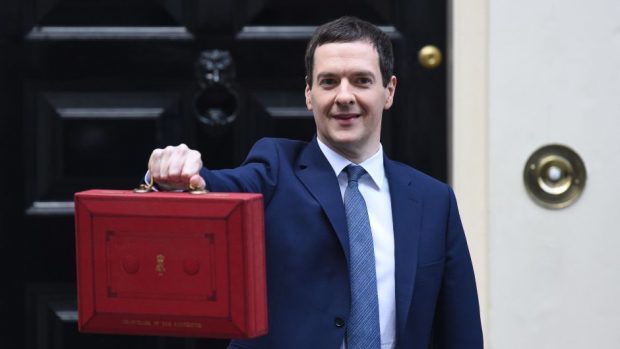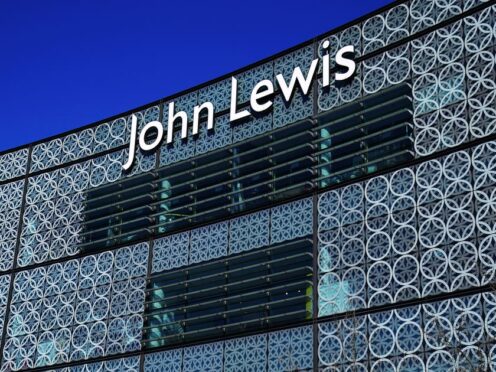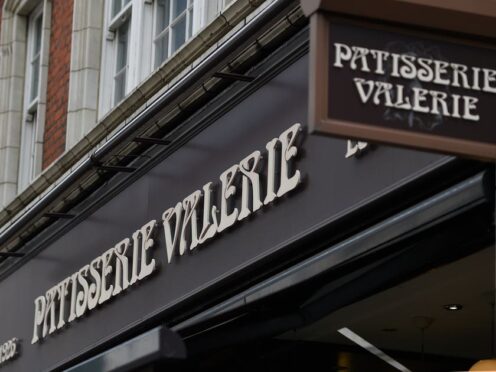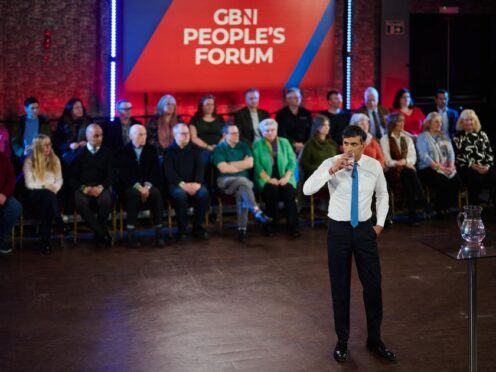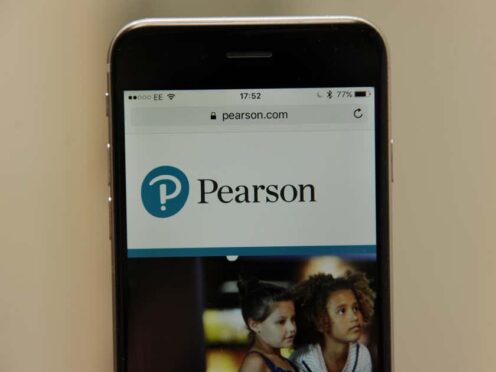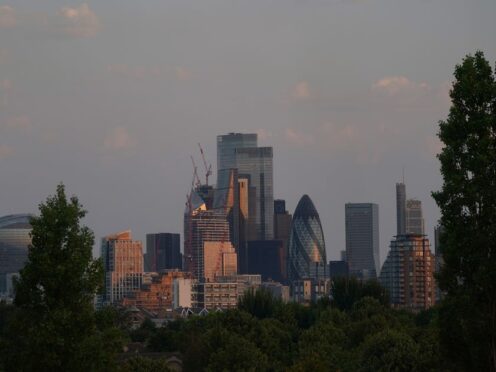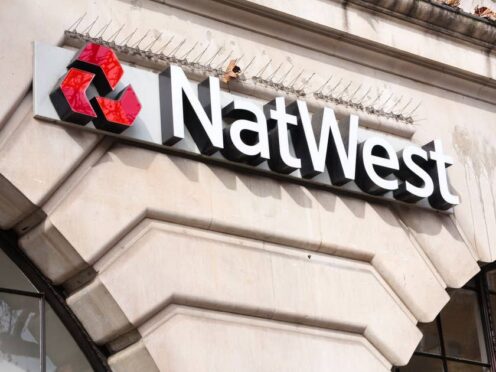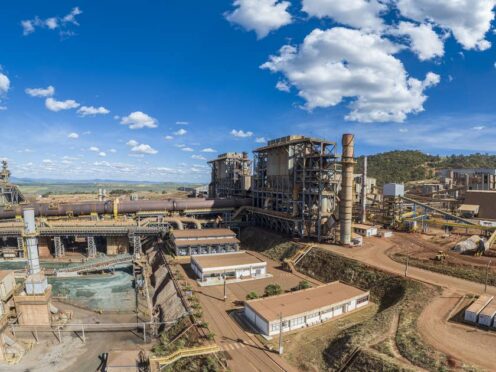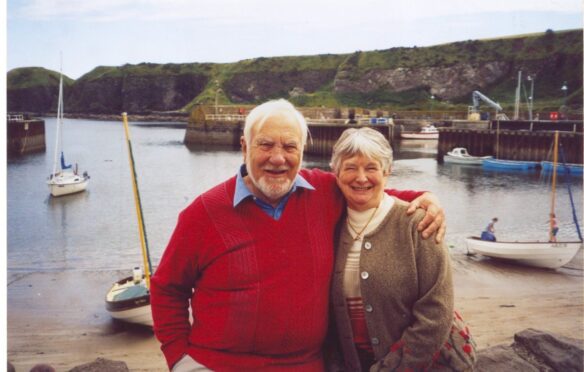Chancellor George Osborne delivered a £1billion “shot in the arm” to the struggling North Sea yesterday.
Unveiling his Budget “for the next generation”, the he announced the scrapping of the petroleum revenue tax (PRT) and a halving of the supplementary charge to 10% – backdated to the start of the year.
The move was hailed by one expert last night as a “welcome boost” for the industry, which is struggling to deal with a price slump ands rising costs.
But other analysts were more cautious and some said the chancellor could have done more to help oil and gas firms weather the current storm.
Other measures announced in the Budget include a freeze on fuel duty for the sixth year in a row.
The chancellor said duty on Scotch whisky would be also frozen, but did not bring in the further 2% cut that had been called for.
And as part of the “devolution revolution”, the Budget confirmed “good progress” had been made towards the Inverness City Deal.
Mr Osborne also announced an increase in the personal allowance to £11,500 from April next year, as well as a rise in the higher-rate threshold to £45,000.
Overall, the chancellor said the deficit would be eliminated and the government running a surplus by 2019-20.
But the independent Office for Budget Responsibility (OBR) has downgraded growth forecasts, predicting GDP would only grow by 2% this year, 2.2% in 2017 and then 2.1% in each of the three years after that.
In the context of a “dangerous cocktail” of global risks, Mr Osborne insisted it was crucial to “act now so we don’t pay later”.
He said borrowing continued to fall and announced he plans to save a further £3.5billion in public spending in 2019-20.
At less than half a per cent of government spending in four years time, he said it was “more than achievable”.
Mr Osborne’s speech was also marked by an early reference to the EU referendum in June.
He said the OBR correctly stayed out of political debate, before going on to cite the body.
Quoting, he told MPs: “A vote to leave in the forthcoming referendum could usher in an extended period of uncertainty regarding the precise terms of the UK’s future relationship with the EU.”
He also said the OBR was “explicit” that its forecasts are predicated on Britain remaining in the EU.
Mr Osborne then reaffirmed his belief Britain will be “stronger, safer and better off” inside a reformed EU.
Turning to the North Sea, Mr Osborne said the level of support for the oil and gas sector on the table was only possible “because of the broad shoulders of the UK”.
He added: “None of this support would have been remotely affordable if, in just eight days time, Scotland had broken away from the rest of the UK, as the Nationalists wanted.
“Thankfully the Scottish people decided we are better together in one UK.”
As well as the tax cuts, he pledged to provide certainty that companies would be able to access tax relief on their costs when they retain decommissioning liabilities for an asset after a sale.
The government said this was aimed at encouraging new entrants for late-life assets and the development of late-life business models.
Mr Osborne also committed to building on the new decommissioning powers of the Oil and Gas Authority (OGA) by undertaking further work to reduce overall costs.
And he said the Conservatives would explore whether decommissioning tax relief could better encourage transfers of late-life assets.
Additionally, the Budget confirmed the new £20million for a second round of seismic surveys announced by Prime Minister David Cameron in Aberdeen in January.
Oil and Gas UK, which had lobbied for cuts, said the measures would reduce the headline rate of tax paid on oil and gas production from 50%-67.5% – depending on the age of the field – to 40% across the board.
But the OBR’s fiscal outlook forecast the industry would continue to suffer – even with the changes.
Oil & Gas UK chief executive, Deirdre Michie, welcomed the progress in modernising the tax regime for the increasingly mature North Sea basin.
She said: “We welcome these measures as they will build on the industry’s achievements in improving efficiency in the face of low oil prices, boosting the sector’s competitiveness and helping to restore investor confidence.”
Alan McCrae, PwC’s UK head of energy tax, said: “The chancellor’s announcement of a reduction in tax rates and effective abolition of petroleum revenue tax is a welcome boost for our oil and gas industry.
“This is aimed at stimulating investment at a time when the industry desperately needs it.
“It is a smart move that recognises that the tax prize for the Treasury at this stage in the life of the North Sea is not corporate taxes.
“Instead, the government has more tax revenue to gain by doing all it can to protect investment and jobs and all the tax that goes with that.”
But Bob Ruddiman, head of energy at Pinsent Masons, said while the announced sugar tax would “take the headlines”, there was “no sweetener” for the oil and gas sector.
He added that the chancellor’s words “might seem warm”, but stressed “very few operators are actually paying those taxes”, which were “designed for the good times” – in particular PRT targeted at “super profits”.
Derek Leith, EY head of oil and gas tax, said the Budget would “fall short of industry expectations”.
He also branded it a “missed opportunity to be more radical”, including by axing the supplementary charge entirely.
Asked whether – given the OBR assessment – the steps taken by the chancellor were merely symbolic, his spokesman told the Press and Journal: “There’s no other government I would say in the world that has made fiscal changes as broad as this.
“We can’t completely insulate the industry but we are going further than people expected.”
